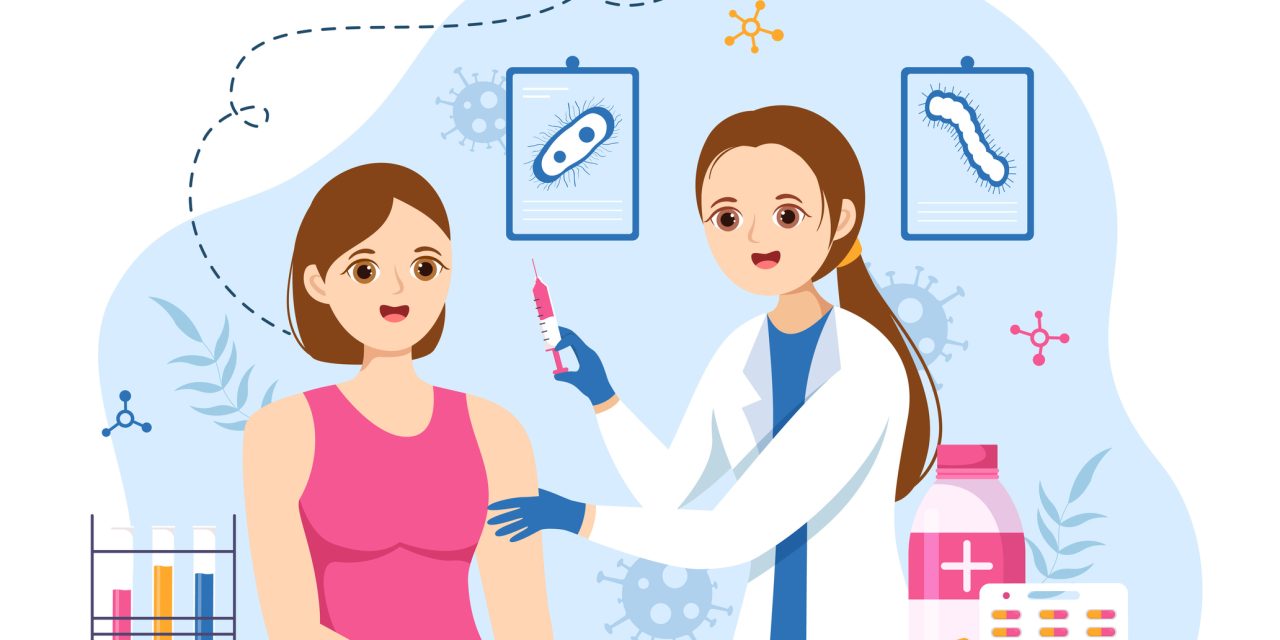In children with asthma, the responsiveness of inhaled corticosteroids (ICS) is depended on asthma endotype and phenotype. This study aimed to describe the clinical and biological characteristics, and its correlation with polymorphism of rs28364072 in FCER2 of asthmatic children.
This work aimed to study the correlation between fractional concentration of exhaled nitric oxide (FENO) level and rs28364072 polymorphism of FCER2 gene with ICS responsiveness and disease control in children with asthma.
This study was a prospective and descriptive study. All clinical characteristics, FENO, blood eosinophil counts (BEC), skin prick test (SPT), total IgE, asthma control test (ACT), and FCER2 gene polymorphism were performed for each patient.
One hundred sand seven asthmatic children who were over 5 years old (9.2±2.6), were included. Patients with FENO >20 ppb had higher percentage of positive SPT, total IgE level, and BEC (89.2 vs 80.0%, 851.1 vs 656.9 UI/mL, and 785±576 G/L vs 425±364 G/L; respectively). Among them, there were 54.2% of homozygous TT, 36.4% of heterozygous TC, and 9.4% of homozygous CC of rs28364072 polymorphism in FCER2. The percentage of patients with controlled asthma was increasing after 1 month and 3 months (47.1% and 58.8%; respectively). During the study, the ICS was decreasing as indicated by asthma control (348±118 mcg at 1st month vs 329±119 mcg at 3rd month; p0.05 and p<0.05; respectively). The percentage of polymorphism in rs28364072 of FCER2 was significant higher in patients with controlled asthma compared to uncontrolled asthma.
Asthmatic children with high FENO and rs28364072 polymorphism in FCER2 gene are good responders to ICS; however, asthmatic children with homozygous variant CC of rs28364072 are poorly responsive to ICS.
© 2020 IOP Publishing Ltd.
Correlations between exhaled nitric oxide, rs28364072 polymorphism of FCER2 gene, asthma control, and inhaled corticosteroid responsiveness in children with asthma.


